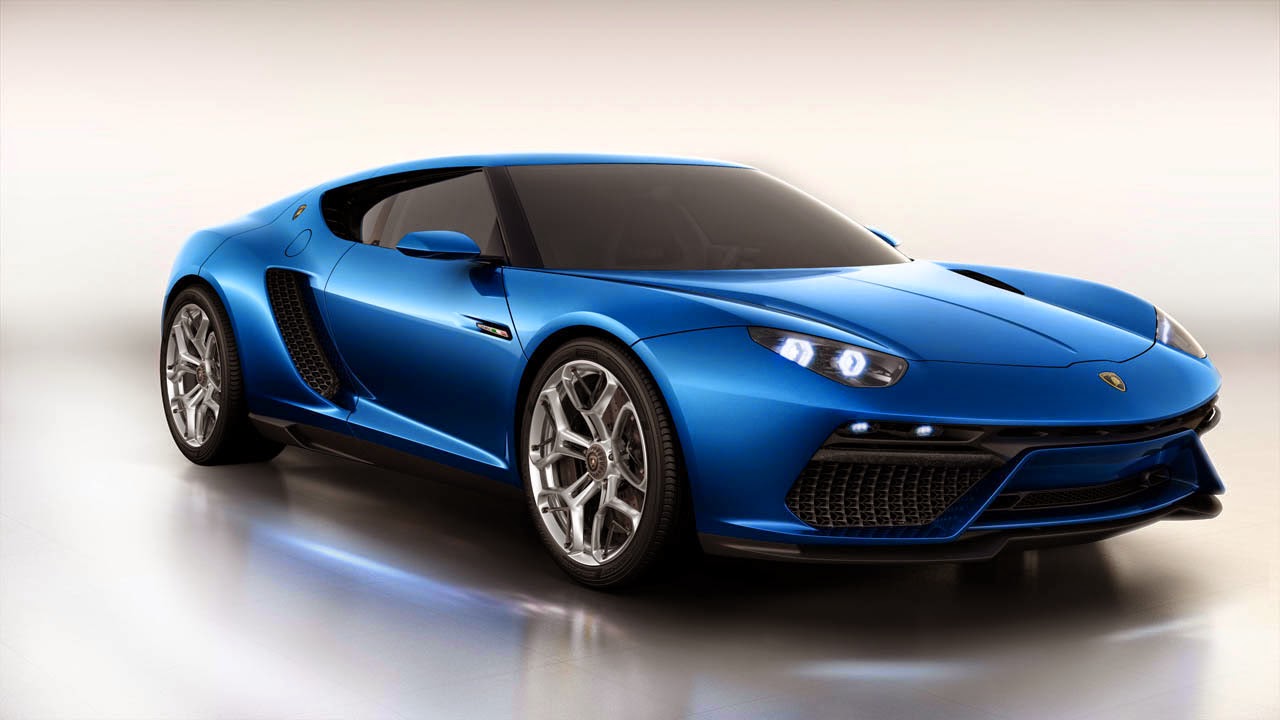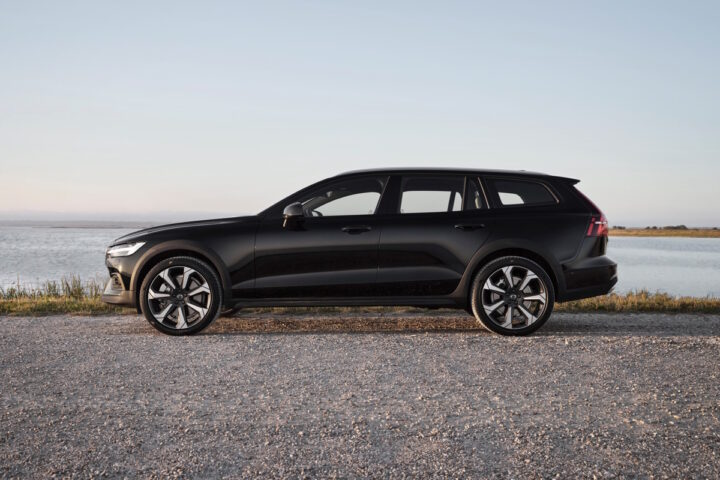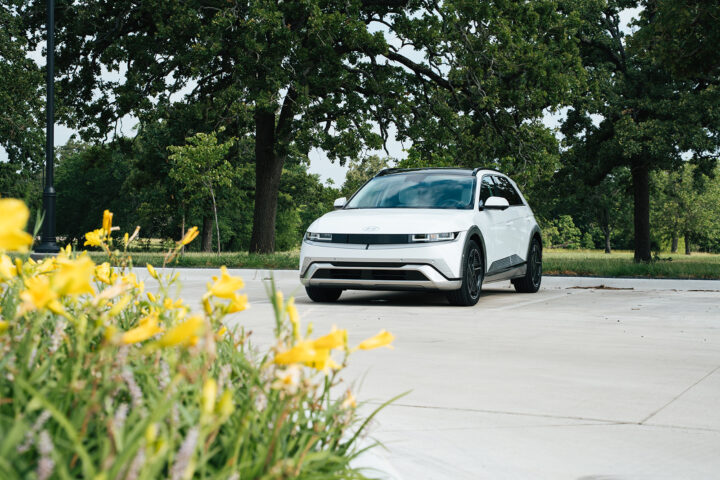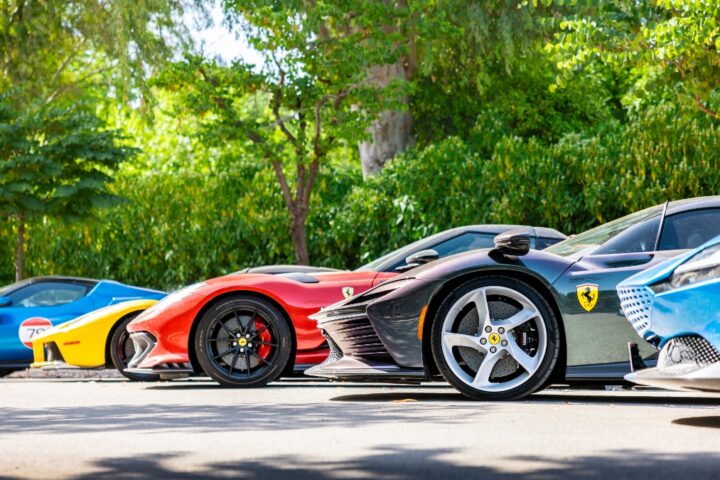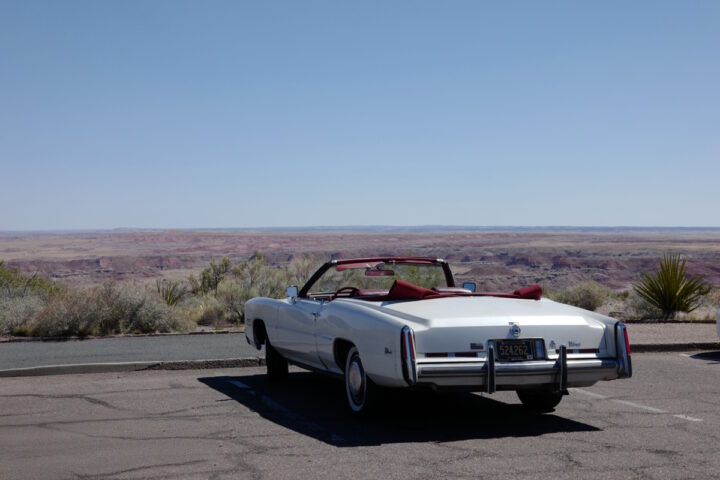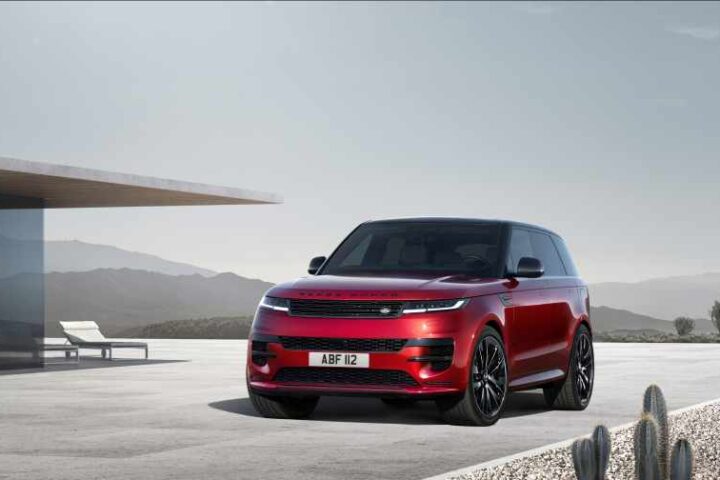Lamborghini Asterion LPI 910-4 unveiled at the 2014 Paris Mondial de l’Automobile
Pioneering a new vision of mobility: First Lamborghini Plug-in Hybrid technology demonstrator
· First plug-in hybrid (PHEV) technology demonstrator providing a new Lamborghini cruising experience with superior power, daily drivability and comfort
· Hybrid system power: V10 5,2 l naturally aspirated engine combined with three electric motors delivers a total power of 669 kW/910 hp, enough for acceleration of 0-100 km/h in 3.0 s and a top speed of 320 km/h
· CO2 emissions of 98 g/km and 50 km pure electric range
· Breakthrough technological architecture in an innovative carbon fiber monocoque with a body designed in a new, unexpected and sensual way, respecting Lamborghini heritage
Paris, 1 October 2014 – Automobili Lamborghini unveils its first plug-in hybrid (PHEV) technology demonstrator, the Lamborghini Asterion LPI 910-4, making its world debut at the 2014 Paris Mondial de l’Automobile. Clearly a Lamborghini, Asterion is a conceptual car housing a plug-in hybrid powertrain designed to Lamborghini objectives: The Asterion defines a solution to significantly reducing CO2 emissions through technologies available today, guaranteeing the unique Lamborghini driving feel with a smooth and reactive driveability and with superior power, including an exceptional pure electric range of 50 km.
Conceived and developed entirely in-house by Lamborghini, the Asterion LPI 910-4 takes the design and cutting-edge engineering expertise found in the current Lamborghini product range, adding innovative hybrid technology, creating thus a Lamborghini that is clearly different – with a new, unexpected and sensual design, in line with the technical characteristics of the car – but yet is still unmistakeably a Lamborghini.
The Rationale
Asterion is a technology demonstrator representing a Lamborghini model that could be realistically produced today, using technologies currently available and drawing on Lamborghini’s own expertise.
“Lamborghini is always looking ahead, investing in new technologies and setting new benchmarks, delivering the unexpected,” says Stephan Winkelmann, President and CEO of Automobili Lamborghini.
“Lamborghini continues to focus on weight reduction as a means to reducing CO2, for example through the investment in carbon fiber engineering, which also contributes to our quest for the best super sports car handling and performance. To significantly reduce emissions on a car in this moment however, plug-in electrification is the best option for us, because for Lamborghini such a car must still provide a truly emotional driving experience. In the Asterion this is guaranteed through a naturally aspirated engine that is combined with PHEV technology, which not only offers exceptionally low CO2 emissions of 98 g/km, but a practical pure electric driving range of 50 km.
The Asterion LPI 910-4 is a true Lamborghini: emotional, with a stunning design, powerful, yet conceived more for comfortable luxury daily cruising than for ultimate track performance.”
The Plug-in Hybrid solution and Performance
For the Lamborghini Asterion LPI 910-4, a PHEV solution is the clear Lamborghini choice. The Asterion provides all-important urban driving under purely electric power, a significant range of 50 km for the car when powered only by battery energy, and the emotion and power of a naturally aspirated Lamborghini engine for a unique driving experience.
Fuel consumption is 4,12 l/100 km combined cycle (NEDC). The weight of the hybrid technology is 250 kg. The Asterion’s objective of significantly reducing C02 emissions, while maintaining an engaging and emotional Lamborghini cruising experience, is achieved with exceptional CO2 emissions of 98 g/km.
Based on a monocoque made entirely of carbon fibre, a V10 5.2 liter FSI engine is located longitudinally as a mid-engine, as in Lamborghini super sports cars. The extremely fast shifting 7-speed dual-clutch transmission is located behind the engine at the rear transaxle. The housing of the powerful lithium battery is placed longways in the central tunnel area, normally reserved for the transmission. This allows for better balance of the car and also protects the battery area in case of lateral crash impact.
The Asterion’s hybrid architecture is realized with an electric motor incorporating an integrated starter motor and generator (ISG) which is placed between the V10 engine and the double clutch gearbox, and two electric motors at the front axle fed by the ISG power with a torque vectoring function. This system allows the Asterion two different driving modes: in hybrid mode it is combining the V10 engine with the three electric motors guaranteeing a permanent four-wheel drive without being dependent on the battery’s state of charge. In pure electric drive mode only the two electric motors in the front are used.
The V10 5.2 l longitudinally-placed, naturally aspirated mid-engine provides a maximum power output of 449 kW (610 hp) with 560 Nm of maximum torque available. Combined with the three electric motors providing a further 220 kW (300 hp), total hybrid power is achievable to a maximum of 669 kW (910 hp). The combined action of the two propulsion systems ensures an exceptional dynamic impulse: acceleration of 0-100 km/h takes place in 3.0 seconds. With a top hybrid/combined speed of 320 km/h the Asterion LPI 910-4 also reaches up to 125 km/h under pure electric power. More importantly for city driving the Asterion has a pure electric range of 50 km, putting it top of the class for hybrid super sports cars.
The new Inspiration for Design
The Exterior Design
The Blue Elektra glittered colour of the Asterion as well as the new design language reflect the technological concept behind the car.
Designed by Lamborghini Centro Stile, the Asterion contains the unmistakeable Lamborghini DNA and heritage and yet is clearly different from the existing Lamborghini super sports car models. The Asterion touches new boundaries, with an innovative and unexpected design language which explores curves and sensuality, smooth transitions from panel to panel, and few sharp edges. The result is a pure, essential design.
The Asterion, like all Lamborghini cars, has clearly defined lines, separating flat planes from the side of the car and distinguishing between panels. Light and shadow accentuate the volumes of the car, highlighting the muscularity of Asterion yet giving the car a more slender elegance.
The front end of the car is produced as a single component, giving the Asterion a dynamic look, emphasised through the positioning of its four ‘eyes with eyebrows’: headlights are realized in materials including forged carbon and titanium.
The front air intakes are characterized by an active air cooling system which uses a double layered grid for the first time in a Lamborghini: one metal and one titanium grid are embedded into each other, one containing the Y leitmotiv and the other the hexagon theme, creating a tri dimensional effect and standing out against the body colour.
The powerful rear end stands out for its shape and remarkable rear lights, including a grid covering two radiators, and a clear separation between body colour and black parts. A transparent engine cover in the rear is an aesthetic detail linking to the hybrid technology beneath, comprised of three hexagonal glasses that turn according to the engine driving mode: pure electric, hybrid power or pure thermal engine power.
The Pirelli tyres are fitted to 20″ and 21″ rims in carbon components, and surrounded by welldefined mudguards embedded within the body of the car that contribute to the muscular road presence of the Asterion.
The Asterion’s doors are large, opening outwards and permit easy access to the car’s interior. Creating an ergonomically spacious cabin for the car’s occupants with a comfortable seating position, the angle of the black A Pillars gives a more vertical windshield and a higher head clearance, while visually extending the front of the car, which includes a luggage compartment. Thus the interior of the Asterion guarantees an appropriate roominess for the passengers.
A lit tricolore flag on the door reminds of Asterion’s Italian heritage and a discreet Raging Bull shield is embedded in the side of the car.
The Interior Design
The clear, minimal and modern interior of the Asterion reflects the exterior design yet with a classic look and feel. Internally, the two seats are positioned higher than those in Lamborghini super sports cars, ensuring a car for comfortable every day cruising rather than extreme performance and handling.
Extensive Bianco Celaeno (ivory) and Marrone Attis (brown) leather immediately confirm the luxurious drive experience of the Asterion with an elegance from combining materials including aluminium and forged carbon fibre, as well as titanium that is also visible in the iconic three spoke steering wheel design drawn from the Miura. However, the Asterion’s steering wheel also includes three buttons from which the driver selects his engine driving mode: Zero – for zero emissions/full electric; I for ‘Ibrido’ (hybrid); and T for ‘Termico (thermal) power. Finally, a portable tablet allows the car’s occupants to manage climate control and other functions including GPS and in-car infotainment.
The Name
Asterion LPI 910-4 – LP stands for ‘longitudinale posteriore’, the position of the conventional engine, I stands for ‘ibrido’, 910 for the system power and 4 for the permanent 4WD system – is the new concept of a new kind of dream car designed by Lamborghini starting from an intuition: the key for anticipating the future lies in a transformation and hybridisation of Lamborghini’s own DNA.
With the Asterion, a hyper cruiser is born: a mix of elegance with the pure seduction offered by driving a Lamborghini, a car whose powerful engine meets the sustainability of hybrid technology, thanks also to its lightweight chassis in carbon fiber.
The Lamborghini Asterion is inspired by a legend: Asterion is the proper name of the mythical Minotaur, a hybrid figure and symbolic crossbreed telling a story of the powerful fusion between intellect and instinct, part man and part bull, creating an ever powerful archetype Thus, Lamborghini sticks to its tradition of giving its models a name taken from the world of bulls, but at the same time adding an innovative element, a hybrid DNA: the strength of a bull delivered by the naturally aspirated engine is combined with the human rationale delivered by the hybrid technology.
This is how Lamborghini prepares for the future with the Asterion, the first hyper cruiser

